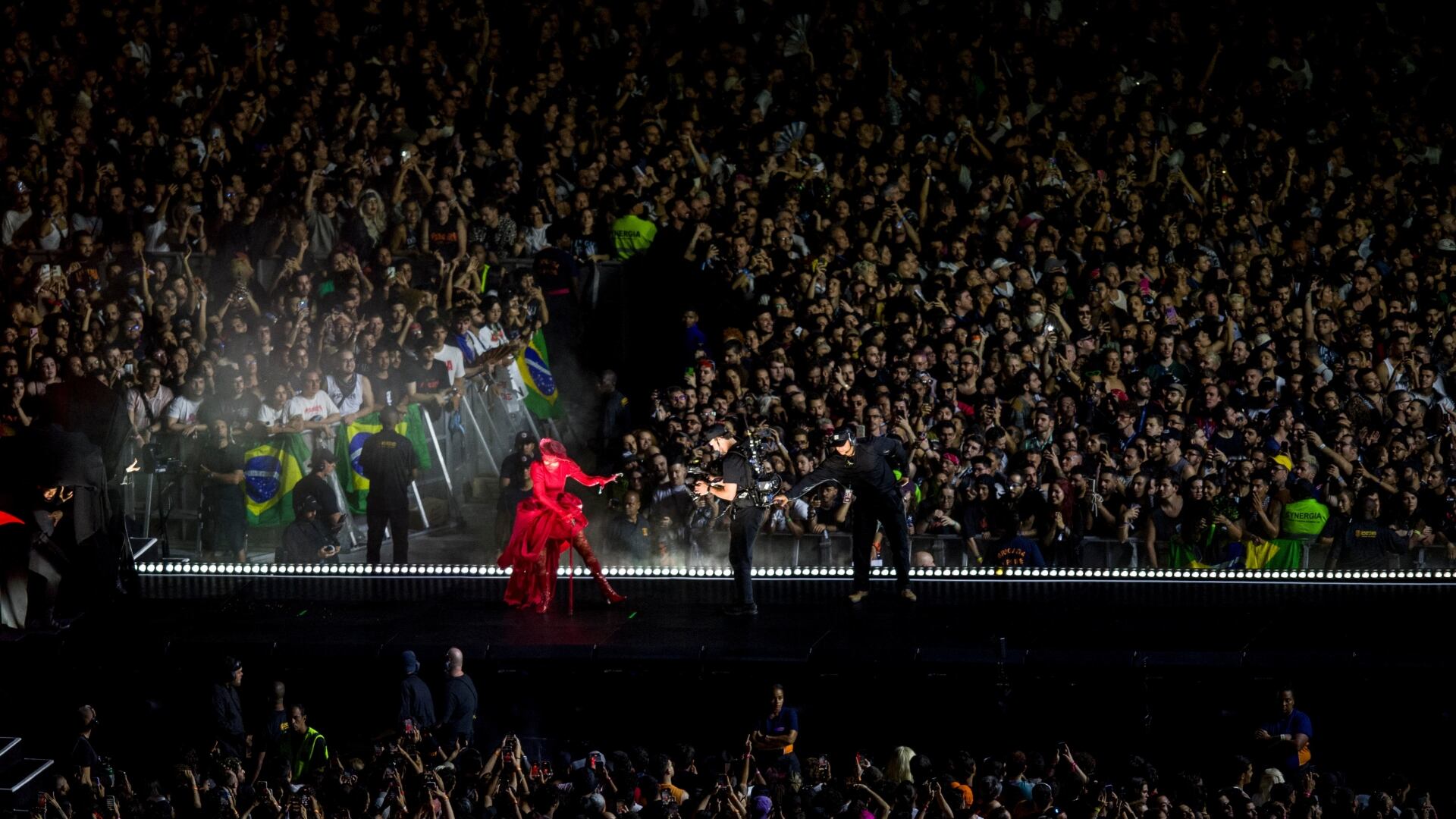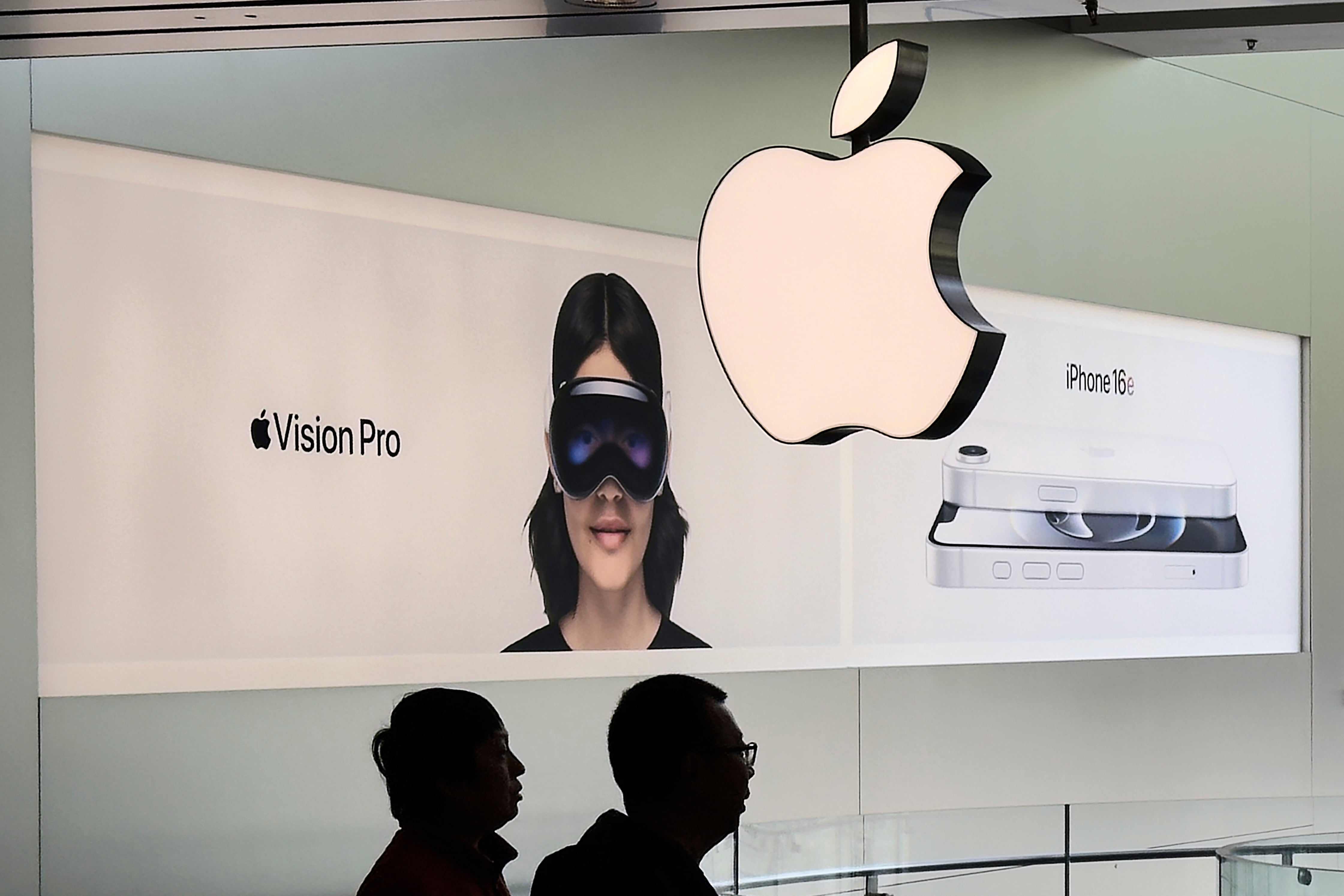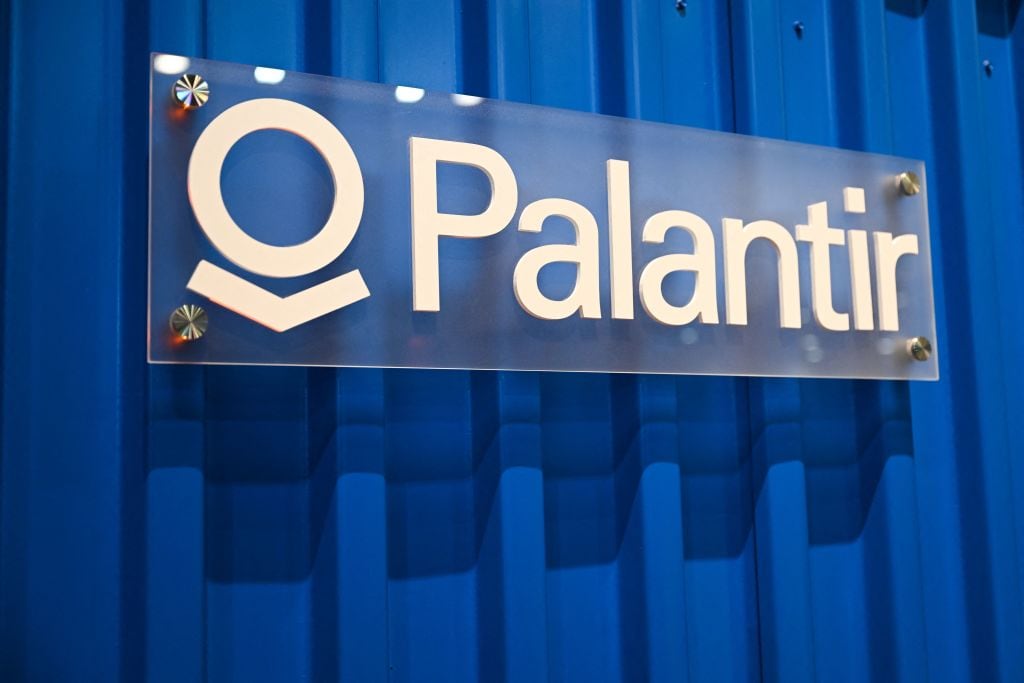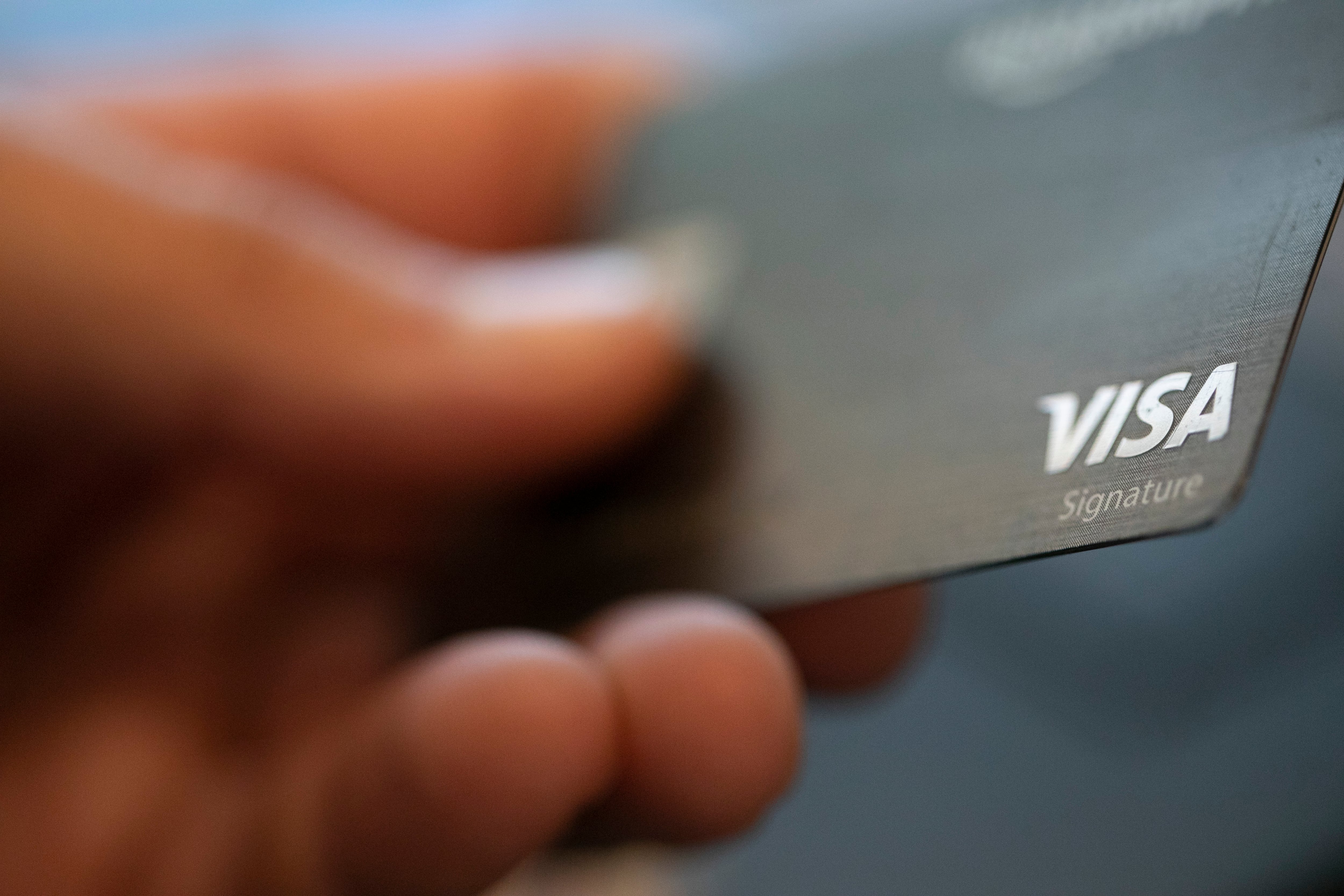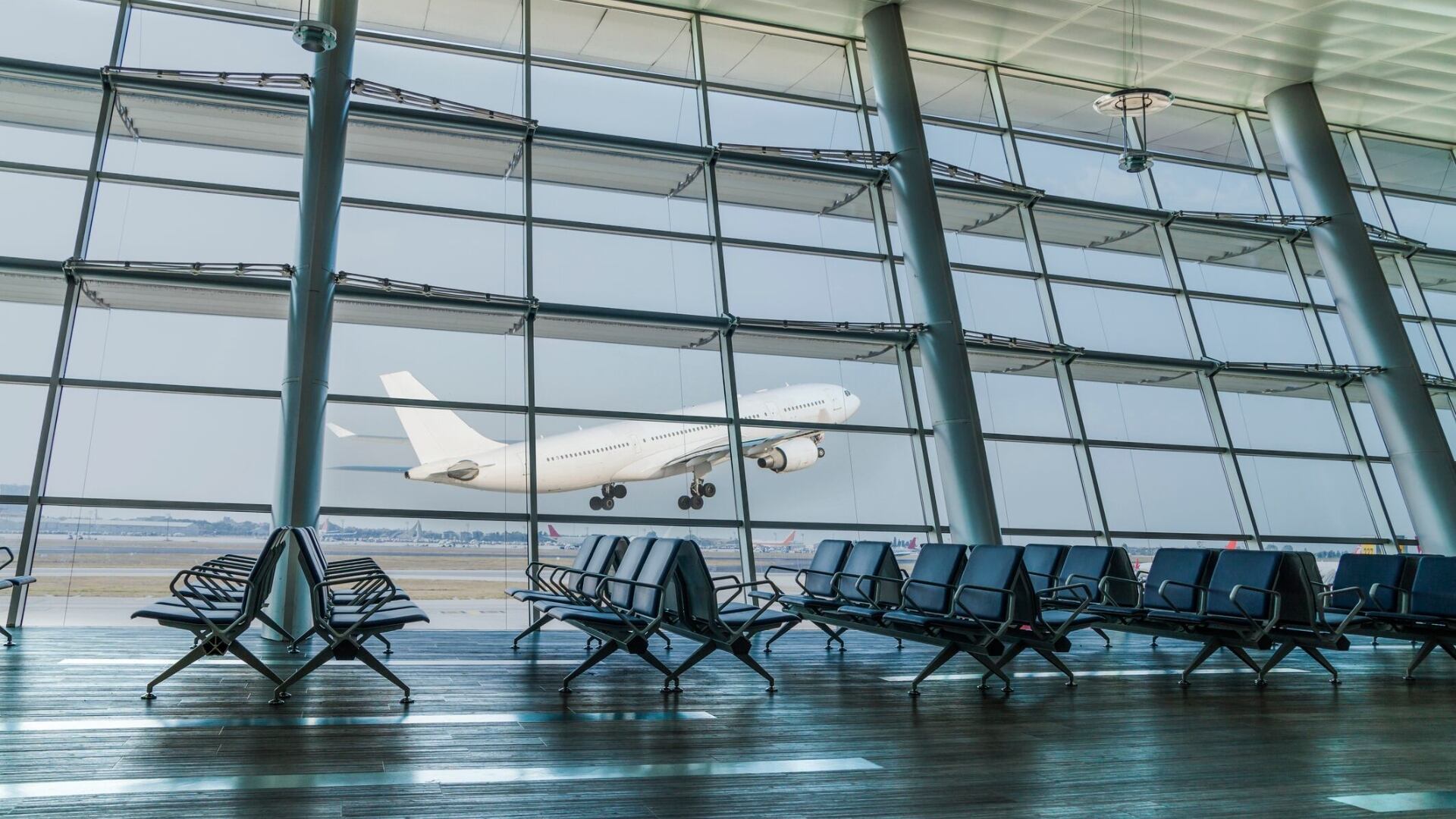*By Carlo Versano* Social live-streaming platforms are to 2018 what social media was to the mid-aughts. At least, that's what 21st Century Fox is betting. The media conglomerate recently poured $100 million into streaming start-up Caffeine in a bid to conquer a new market currently dominated by Twitch (owned by Amazon) and Google's YouTube. Caffeine will differentiate itself with a simpler, more inclusive interface and a creator-first ethos, co-founder and CEO Ben Keighran said Thursday in an interview on Cheddar. He plans to spend some of the new capital on a new studio, expanded content offerings, and a business model that pays IP holders, "so when the broadcasters make money, so do the gaming companies." Keighran said Caffeine is focused on the surging interest in gaming and eSports in a mostly post-TV world. And the company isn't stopping there: it just announced a deal with Live Nation to stream concerts. The company aims to "make eSports more understandable," said Keighran. He compared the space, currently dominated by a couple of players, to the chaotic early days of social networks, when Friendster and MySpace reigned supreme. (In fact, Fox's former parent company, News Corp., famously bought MySpace just as a then-little-known company called Facebook was getting off the ground.) The earliest platforms are not always the ones that become successful, Keighran said. Social live-streaming is also benefiting from a younger generation less interested in watching TV ー at least in the strictest sense. There are teenagers out there who have never watched "SportsCenter" but know what "Fortnite" is, Keighran said. Gaming and eSports are "quickly becoming part of sports," he added. "I think there's a whole new experience we're really excited about building for the world," Keighran said. For full interview [click here](https://cheddar.com/videos/21st-century-fox-bets-on-streaming-start-up-caffeine).

